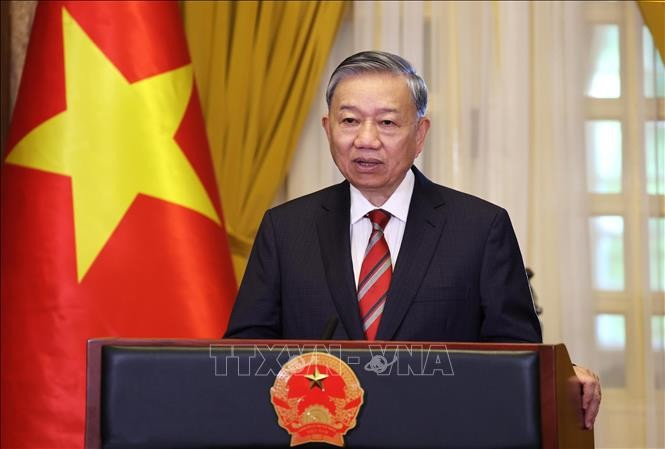
Looking back at the history of our country's Revolution, the country's integration and development are always closely linked to the changes of the times. Right from the early days of the country's founding, in a letter to the United Nations, President Ho Chi Minh clearly stated the spirit that Vietnam wanted to be friends with all countries, expressing the desire to "implement an open-door policy and cooperation in all fields". This can be considered the first "manifesto" on the approach of the Democratic Republic of Vietnam to the international community.
The idea of "combining national strength with the strength of the times" has been creatively applied by our Party over the past 80 years, always linking our country's revolution with the progressive trend of the times and the common cause of humanity.
Entering the period of renovation, our Party determined that if we want peace and development, we must open up to the outside world and cooperate with other countries, in which international integration is a form and a high level of development of international cooperation. In other words, international integration is "putting the country into the mainstream of the times, beating with the same rhythm, breathing with the same breath of the times", increasing our strength through connecting with the world. The Party has proposed a policy of international integration, first economic integration, then comprehensive integration to open up and expand relations with countries and international organizations, mobilize external resources for socio-economic development and enhance the role and position of the country, integrating Vietnam into world politics, the international economy and human civilization.
Our country is entering an era of striving for prosperity, strength, "rich people, strong country, democracy, fairness, civilization" which requires a new mindset, position and new thinking and approach to international integration. The birth of Resolution 59-NQ/TW dated January 24, 2025 of the Politburo on "International integration in the new situation" is a "breakthrough decision", marking a historic turning point in the country's integration process with the positioning of international integration as an important driving force bringing the country into a new era. In which, international integration shifts from receiving to contributing, from deep integration to full integration, from the position of a behind-the-scenes country to the status of a rising, pioneering country in new fields.
Our Party identifies international integration as an important strategy to consolidate political position, promote economic development, ensure national security, and enhance the country's influence on the world map. International integration has gradually developed through periods, from limited, selective, ideological integration, initial economic integration to the current "deep and comprehensive international integration". The 9th Party Congress first proposed the policy of "international economic integration". The 11th Party Congress marked a shift in thinking from "international economic integration" to "international integration in all fields". Resolution No. 22-NQ/TW on international integration dated April 10, 2013 of the Politburo is the concretization of the international integration policy with the policy of "proactive and active international integration". Most recently, at the 13th National Party Congress, this strategic orientation was once again developed and perfected into "proactively and actively integrating comprehensively, deeply and effectively into the international community".
In 40 years of renovation, Vietnam's international integration process has achieved important results of historic significance. From a besieged and isolated country, Vietnam has established diplomatic relations with 194 countries in the world, has strategic partnerships and comprehensive partnerships with 34 countries, including all permanent members of the United Nations Security Council and major countries; is an active member of over 70 regional and international organizations, and has extensive and substantive political, defense and security relations. From a poor, backward, low-level economy, besieged and embargoed, Vietnam has become one of the 34 largest economies in the world, with an economic scale increasing nearly 100 times compared to 1986, and per capita income increasing from less than 100 USD to nearly 5,000 USD. Participation in multi-level international economic cooperation and association agreements, especially 17 free trade agreements (FTAs), has connected Vietnam with more than 60 key economies, participating more deeply in global production and supply chains, bringing Vietnam into the group of 20 countries with the largest trade scale in the world; in the group of 20 economies attracting the most foreign investment in the world from 2019 to present, and being one of the 10 countries with the largest remittances in the world.
However, looking at it in a comprehensive, serious and objective way, the results of implementing international integration policies still have some points that are not really as expected, have not achieved the set goals, have not met the development requirements, especially there are still many shortcomings, limitations, barriers, and bottlenecks that are hindering development. International integration brings many opportunities, but also brings many challenges and negative aspects such as: unfair competition, unsustainable growth, increasing gap between rich and poor, environmental pollution, risk of "deviation", "cultural invasion", "self-evolution", "self-transformation", "erosion of trust" within the organization...
The world is facing fundamental changes of the times, profound changes in all aspects under the impact of major shifts in politics, economics, culture, society, science and technology. The period from now to 2030 is the most important period to shape and establish a new world order. These changes are creating a more multidimensional international environment, opening up great opportunities and many great challenges for the country. In the transitional period between the old and the new, small and medium-sized countries are often put in a passive position, unable to adapt. In this transition, if we do not promptly keep up with the world, identify and seize opportunities to put the country in the right flow of the times in the next 10 or 20 years, the risk of falling behind will be more present than ever.
The strength of the current era is the political, economic and social trends in the world such as peace, cooperation and development, the trend of democratization of international relations, the trend of sustainable development, the trend of economic cooperation and association; the strength of the international community in consensus in creating and consolidating a multipolar, multi-centered, democratic, fair, equal world based on international law and especially the scientific and technological revolution that is opening up endless development space based on knowledge and human potential.
Facing this historic moment, the country needs historic decisions. Inheriting the values that have been affirmed, Resolution 59 has captured the flow of the power of the times and "raised" international integration with revolutionary, breakthrough, national, scientific and highly contemporary viewpoints.
First of all, along with national defense and security, “promoting foreign affairs and international integration” is an important and regular task. The important and regular spirit in international integration is to take advantage of external resources and favorable conditions for the goal of protecting the Fatherland and developing the country early and from afar; ensuring the highest national and ethnic interests, ensuring the best interests of the people.
Second, in perception, international integration must be the cause of all people, of the entire political system, under the leadership of the Party and the management of the State. People and enterprises are the center, the subject, the driving force, the main force and the beneficiaries of the benefits of international integration. Integration but still maintaining national identity, integration, integration but not dissolution.
Third, international integration must be based on the decisive role of internal strength, increasing internal strength while taking advantage of external strength. Internal strength is the main resource, the root of strength, so it must always be promoted to ensure proactiveness, independence, and self-reliance, but at the same time, it is necessary to take full advantage of all external resources to combine and supplement internal strength. Combining smoothly between national strength and the strength of the times, creating Vietnamese strength in the era of rising up.
Fourth, international integration is a process of both cooperation and struggle, “cooperation to struggle and struggle to cooperate. Focus on partners, limit objects”. At the same time, respect the basic principles of the United Nations Charter and international law. In integration, we must properly demonstrate the spirit of “active and responsible partnership” of the international community, ready to contribute to the common efforts of the region and the world.
Fifth, international integration must be "synchronous, comprehensive, and extensive", in which the fields must be closely linked and complement each other in an overall strategy, with focus and key points, a suitable roadmap and steps.
We are facing the need for a revolution with strong and comprehensive reforms for development. Together with the "innovative spirit" in the organization and apparatus of the political system of Resolution No. 18; the "breakthrough thinking" on science, technology, innovation and national digital transformation of Resolution 57; the orientation on international integration as the "action manual" of Resolution 59 will create a "strategic trio" focusing on "Long-term stability - Sustainable development - Improved living standards" outlined by the Party. In the current revolutionary stage, we need to implement drastically and effectively in the following directions:
Firstly, new thinking, awareness and actions in international integration must be thoroughly understood and put into practice. Accordingly, the awareness of proactive, active international integration in a synchronous, comprehensive, extensive and effective manner is a major strategic orientation of the Party, an important driving force for the development and protection of the Fatherland, the realization of progress, social justice, environmental protection, preservation and promotion of national cultural identity, which need to be unified from the Central to the local level, to each organization, each person and enterprise. The Party and State's policies and guidelines on international integration, the requirements, tasks, opportunities, rights, responsibilities and obligations of Vietnam in international integration need to be disseminated and thoroughly understood throughout the Party, the entire people and the entire army.
Second, economic integration is identified as the center, integration in other fields must facilitate economic integration with the top priority being economic restructuring, growth model innovation and digital transformation promotion. Focus on industries with advantages and potential, prioritize resource mobilization for key areas and projects such as strategic infrastructure for transportation and energy such as high-speed railways, highways, seaport systems, airports; nuclear power plants, wind power, solar power; reduce emissions and neutralize carbon to avoid waste and achieve high efficiency, especially in the context of digital transformation and the current industrial revolution 4.0. It is necessary to effectively utilize international commitments, agreements and economic linkages, especially new-generation FTAs, to increase intertwined benefits, not to depend on a few partners. Perfect domestic institutions to enhance the capacity to implement international commitments and agreements. Develop appropriate specific mechanisms and policies to promote the attraction of high-quality FDI, especially in emerging and important fields, new driving forces for labor productivity growth such as information technology, telecommunications, semiconductor chips, artificial intelligence, etc. Have appropriate policies to promote foreign investors to transfer technology, management, and professional skills to Vietnamese enterprises and workers. Encourage Vietnamese enterprises to invest and do business effectively abroad, and build national brands of international stature.
Third, integration in politics, security and defense must aim at enhancing the country's potential and position, protecting the Fatherland early, from afar, before the country is in danger. International integration must effectively promote the network of established partnerships to increase political trust, mobilize resources for development, resolve existing problems by peaceful means, and strengthen cooperation on the basis of respect and compliance with international law. Strengthen coordination with partners to effectively respond to traditional and non-traditional security challenges such as the East Sea issue, water security, food security; combat pollution, epidemics, cybercrime, transnational crime, etc. With new positions and strengths, we can rise to play a core, leading and reconciling role in appropriate areas; contribute more actively to international peacekeeping, search and rescue activities; Diversify defense and security cooperation, develop a self-reliant, modern, dual-use defense and security industry.
Fourth, science, technology and innovation must be identified as the top important breakthrough, the driving force for rapid development of productive forces, and the improvement of production relations in the spirit of Resolution 57. Therefore, international integration in science, technology and innovation must aim at bringing domestic standards and regulations on science and technology closer to advanced international standards and practices. Thereby, quickly improving national competitiveness, expanding the country's development space, mobilizing and taking advantage of international resources and strongly promoting domestic resources to develop priority and spearhead industries, emerging industries and innovation fields.
Fifth, promote comprehensive integration in culture, society, tourism, environment, education and training, health and other fields. In terms of culture, integration must be associated with preserving, promoting and advertising national culture; developing cultural industries, content industries, cultural products and brands with quality and global competitiveness. In terms of health, strengthen cooperation in research and application of science in health care for people, develop a number of specialized medical centers at international level to treat and cure diseases according to the motto "Combining Eastern and Western medicine". In terms of education and training, promote standardization, innovation and improve the quality of education of domestic training institutions at regional and international levels. In terms of tourism, expand and diversify markets, focusing on potential markets with large sources of visitors, high spending and long-term stays. Regarding labor, implement mechanisms to develop high-quality human resources, improve lifelong learning skills, capacity and productivity of the Vietnamese workforce. And most importantly, build a strategy to develop Vietnamese people for the “rising generation”, so that by 2045, young men and women in their eighteens and twenties will be on par with international friends in both intelligence and physical strength.
Sixth, overcome bottlenecks in implementing international commitments and agreements and promote the improvement of institutions and policies. In particular, promote the review and internalization of international laws to fully, synchronously and effectively implement our obligations and commitments. Organizations and unions must strengthen the supervision of the implementation of policies, laws and commitments on international integration. Ministries, branches and localities must step up the supervision of the implementation of international commitments and agreements. At the same time, institutionalize and concretize international integration strategies by sector and field, especially the development and improvement of laws related to green economy, digital economy, circular economy, energy transition, digital transformation, carbon emission reduction and outer space.
Seventh, promote the spirit of Resolution 18 in international integration, perfect specialized agencies in the direction of streamlining, compactness, strength, modernity and professionalism. The goal is to make these mechanisms operate more effectively, creating changes in the coordination of international integration implementation between levels, sectors, localities and each person and enterprise. Consider personnel work as the "root", build a team of cadres doing integration work, with high expertise and skills, at international level, capable of participating in mediation and resolving international disputes. Innovate, enhance the proactiveness and creativity of localities, people and enterprises in participating in international integration.
Finally, international integration is only successful when integration becomes a self-conscious culture of all organizations, individuals, businesses, and localities; promoting the central role, active, proactive, and creative participation of people, businesses, and localities in linking international integration and domestic integration, connecting regions, localities, connecting industries and fields, connecting research and implementation... to bring integration into concrete results.
Our Uncle Ho creatively applied the idea of combining national strength with the strength of the times, finding a way to save the country, leading Vietnam out of slavery, regaining independence and freedom for the nation. In today's interdependent world, the development of each nation cannot be isolated, standing outside the impacts of the world and the times, of the times and its situation. Following Uncle Ho's example, we must keep pace with the movements of the world, find a way to bring peace, stability, prosperity, development and build a higher, more solid position for the country in the new era.
The country is facing great opportunities to rise up, but the challenges are also enormous. The achievements of integration so far have contributed to accumulating position and strength for the next breakthrough. Continuing that spirit, Resolution 59 marks an important shift of our Party in thinking and orientation towards international integration in the coming period, creating the driving force to bring the country to the glorious stage of independence, freedom, happiness, prosperity and longevity.
Source: https://daibieunhandan.vn/vuon-minh-trong-hoi-nhap-quoc-te-post409186.html



![[Photo] Visiting Cu Chi Tunnels - a heroic underground feat](https://vstatic.vietnam.vn/vietnam/resource/IMAGE/2025/4/8/06cb489403514b878768dd7262daba0b)




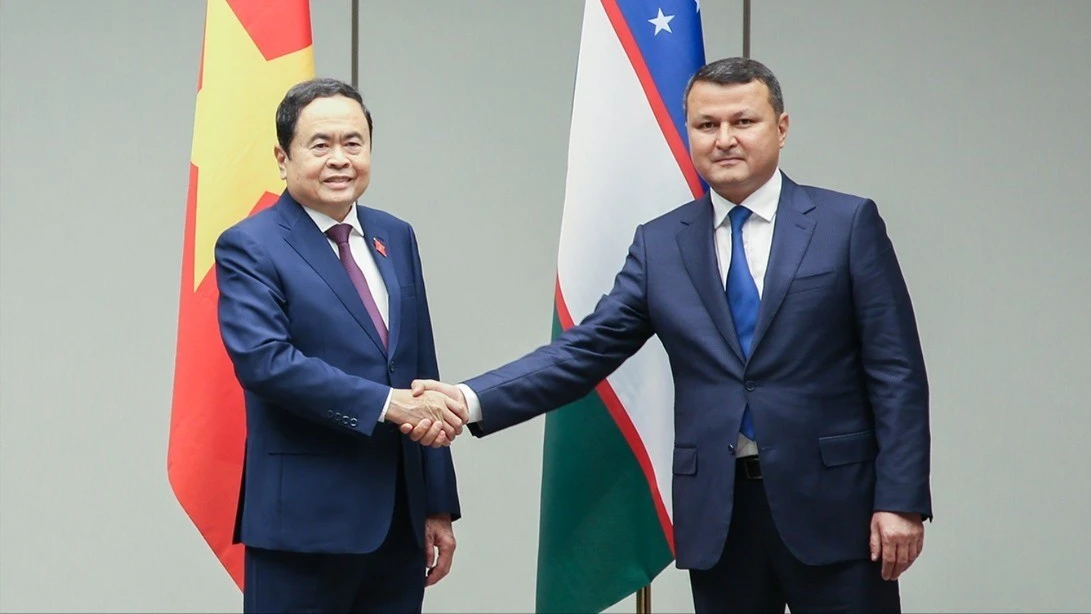
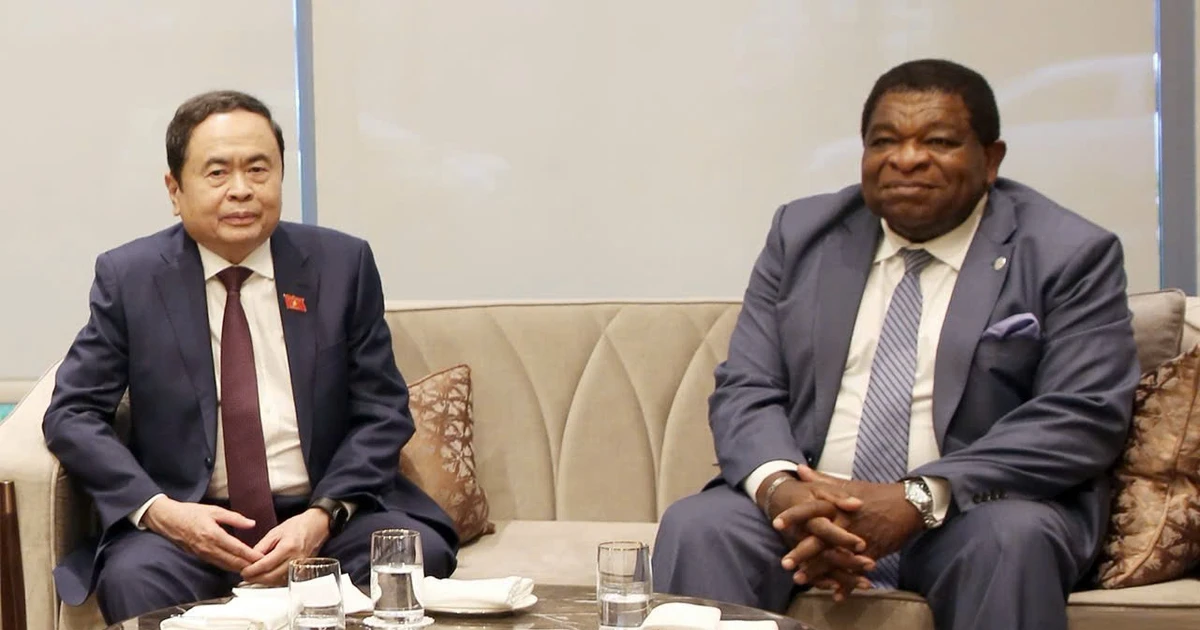
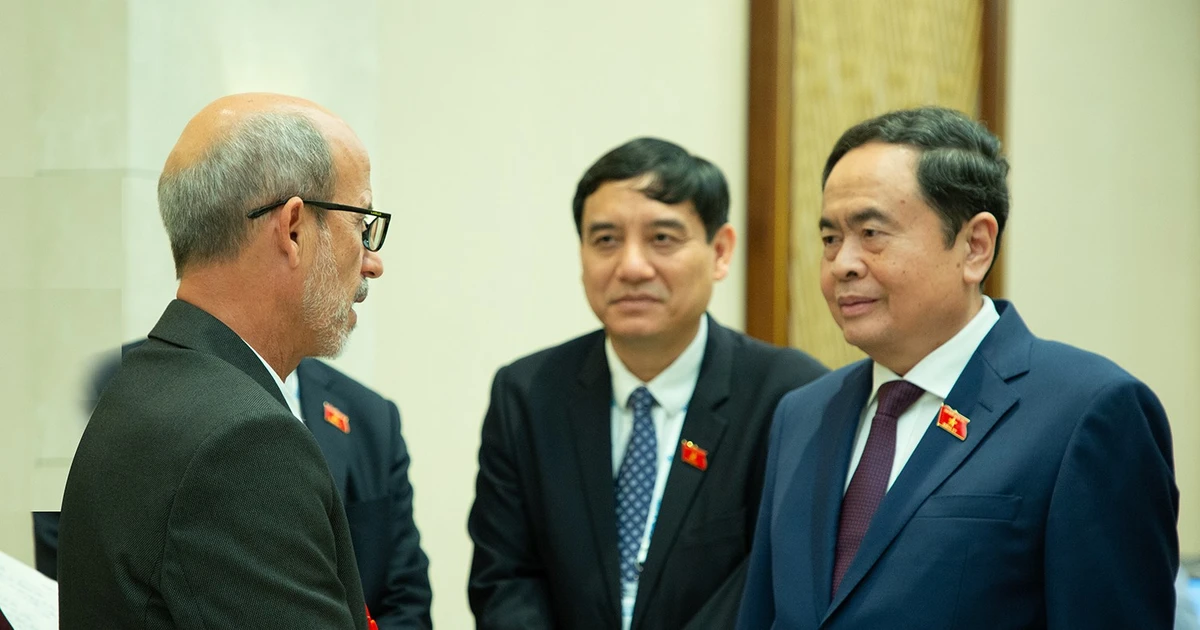
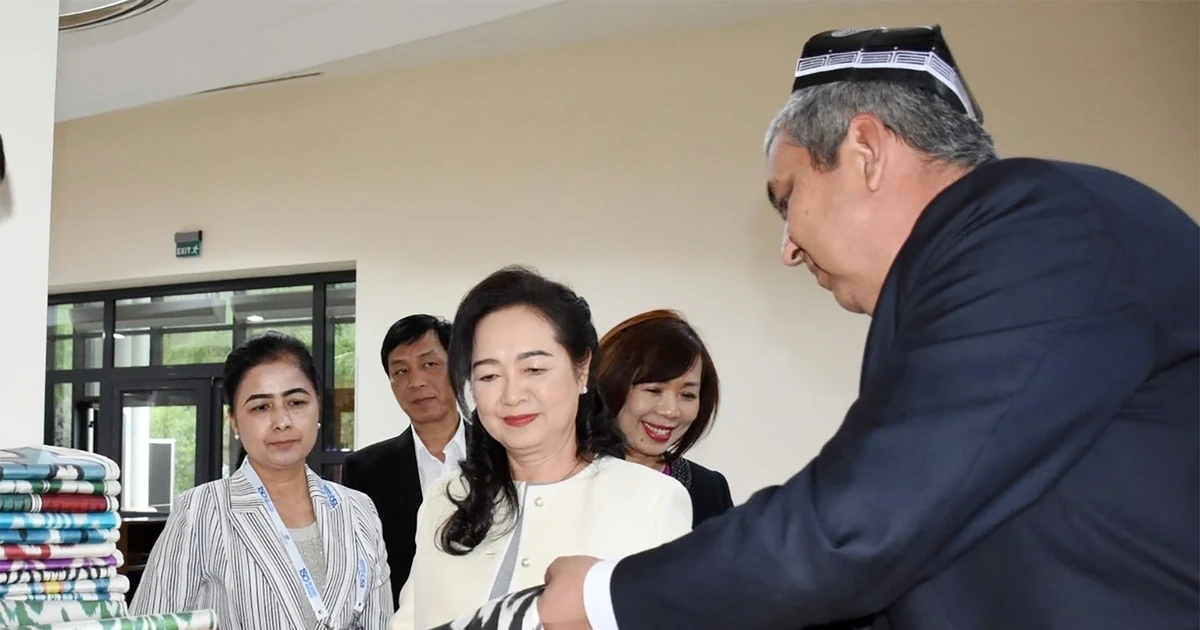
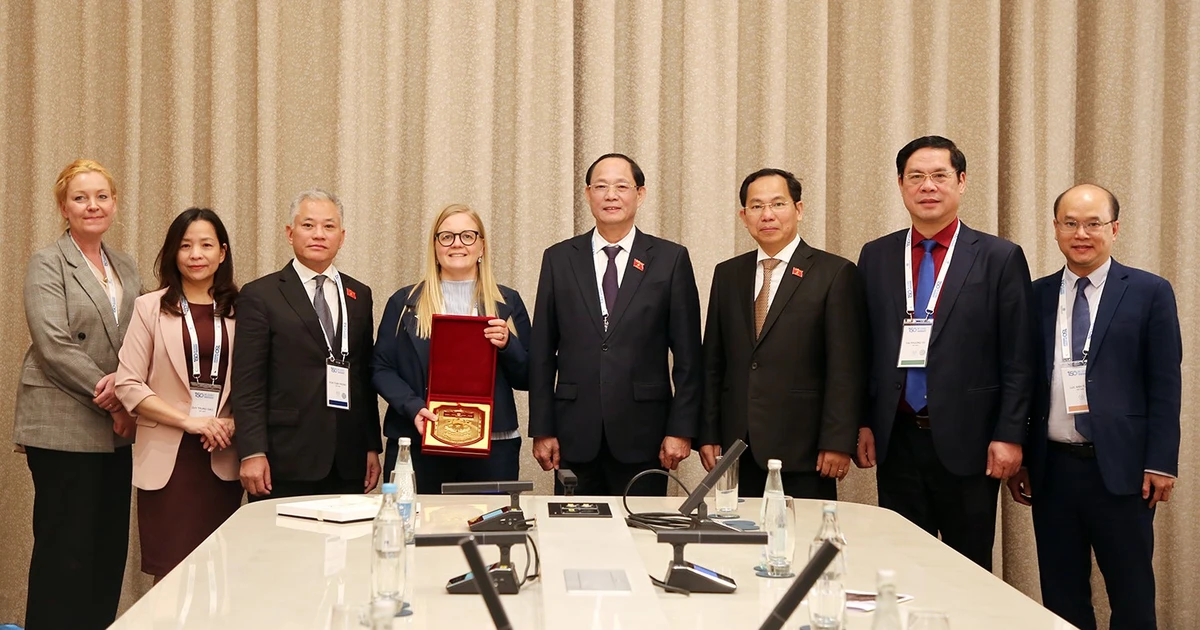
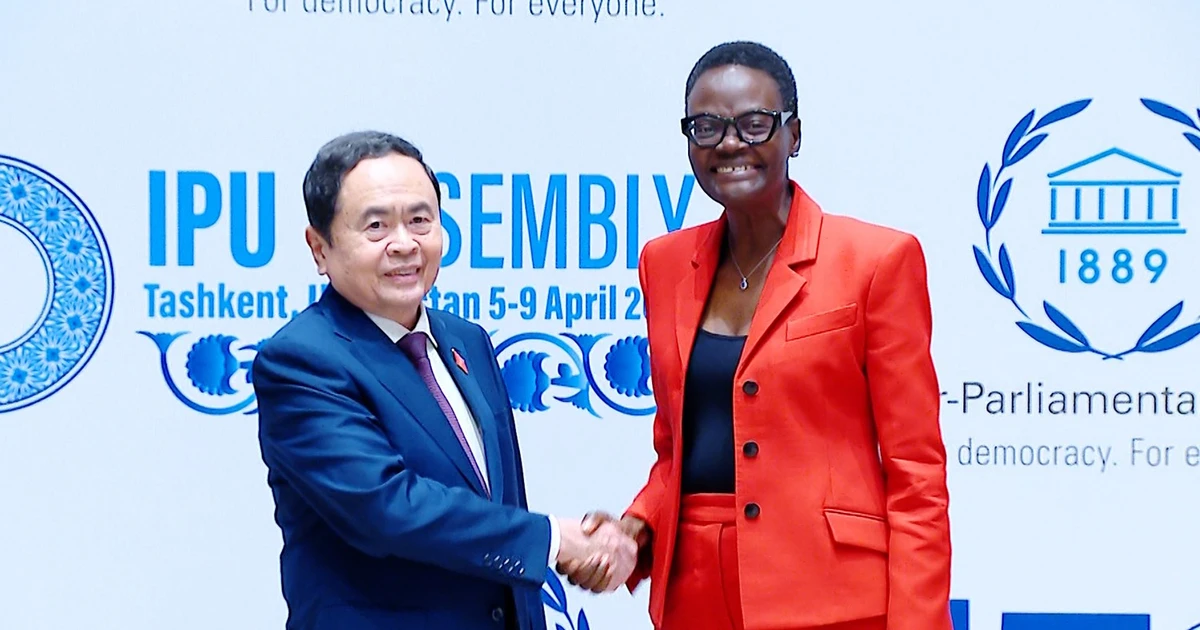




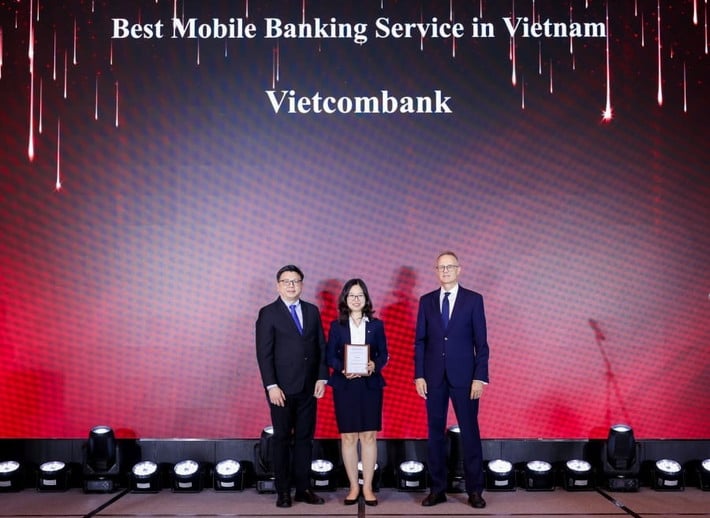
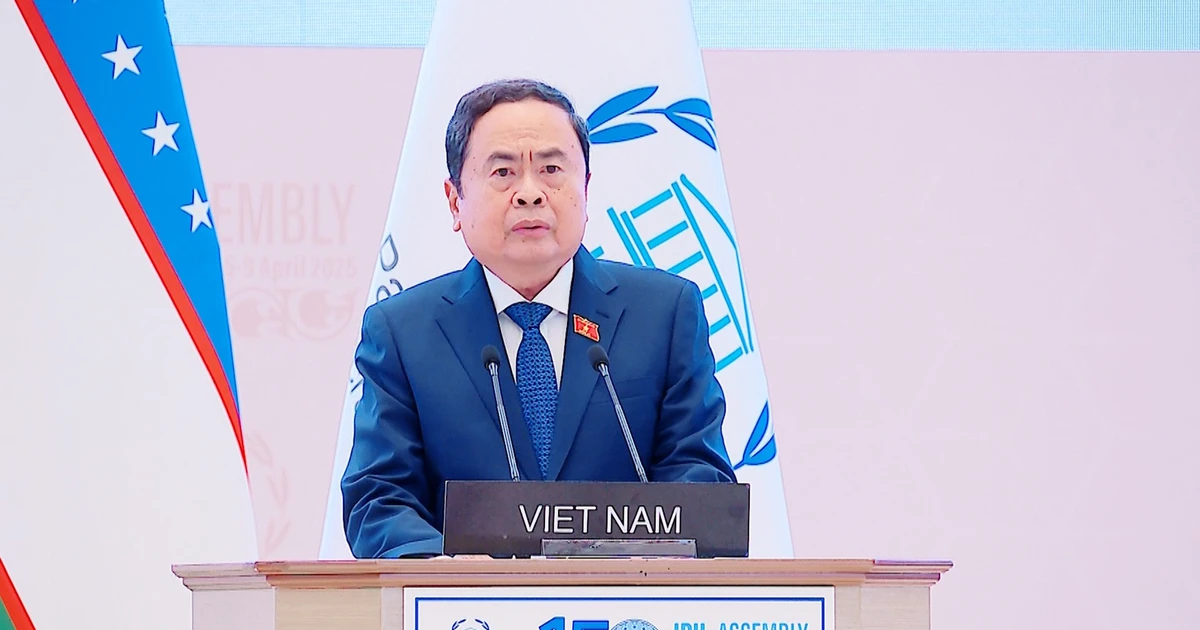
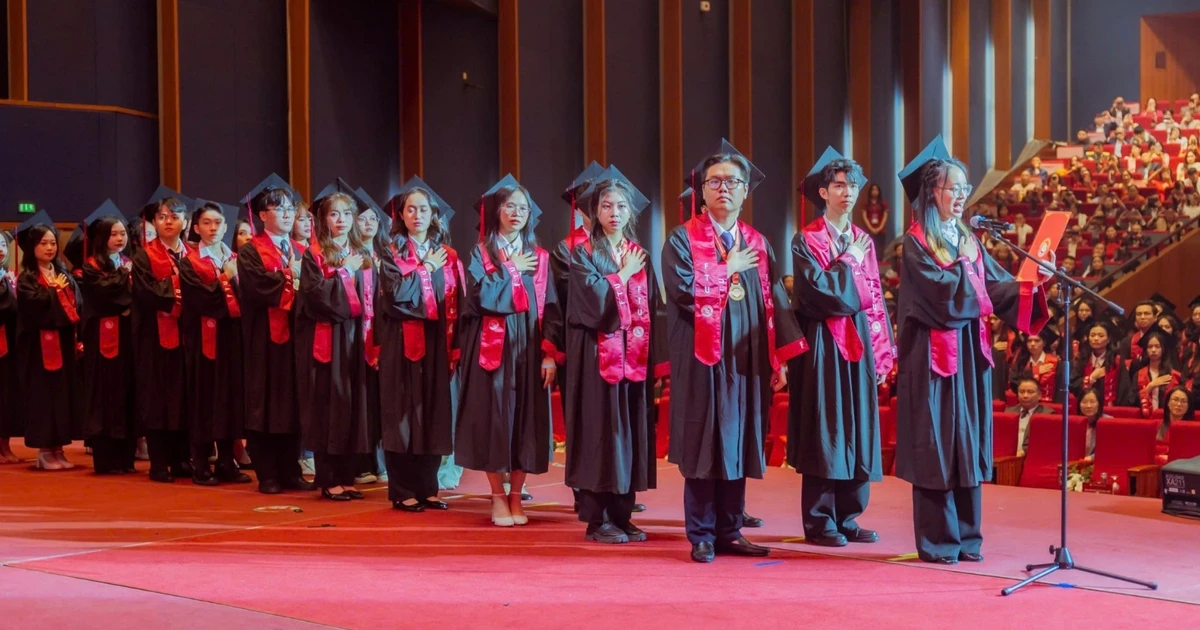
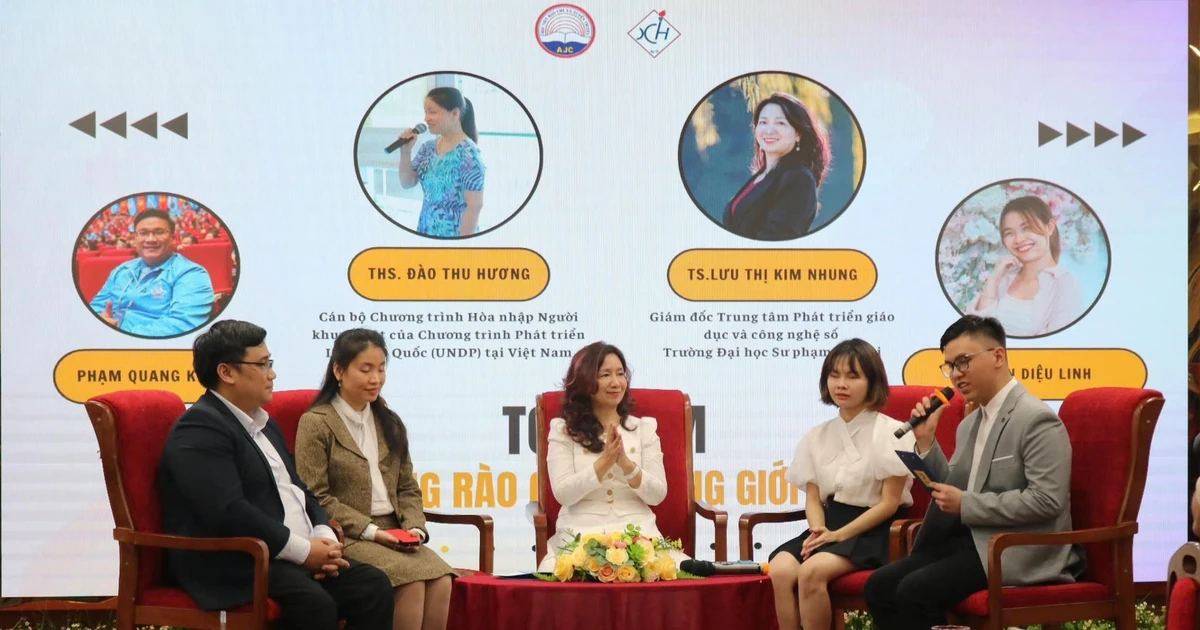
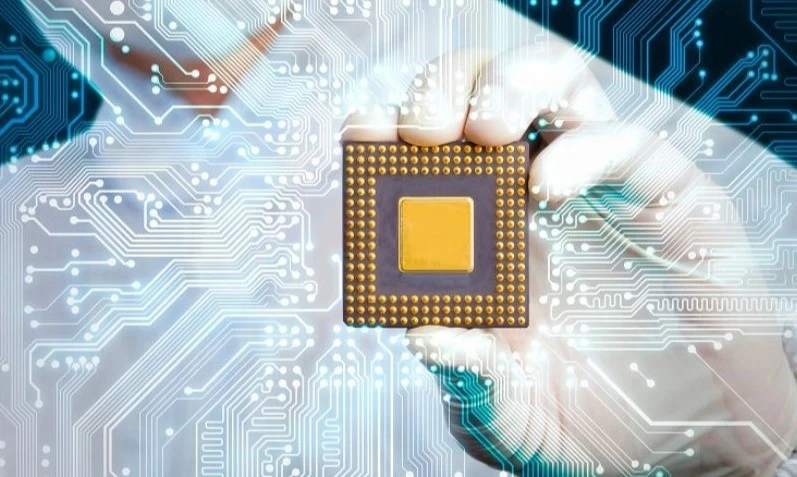
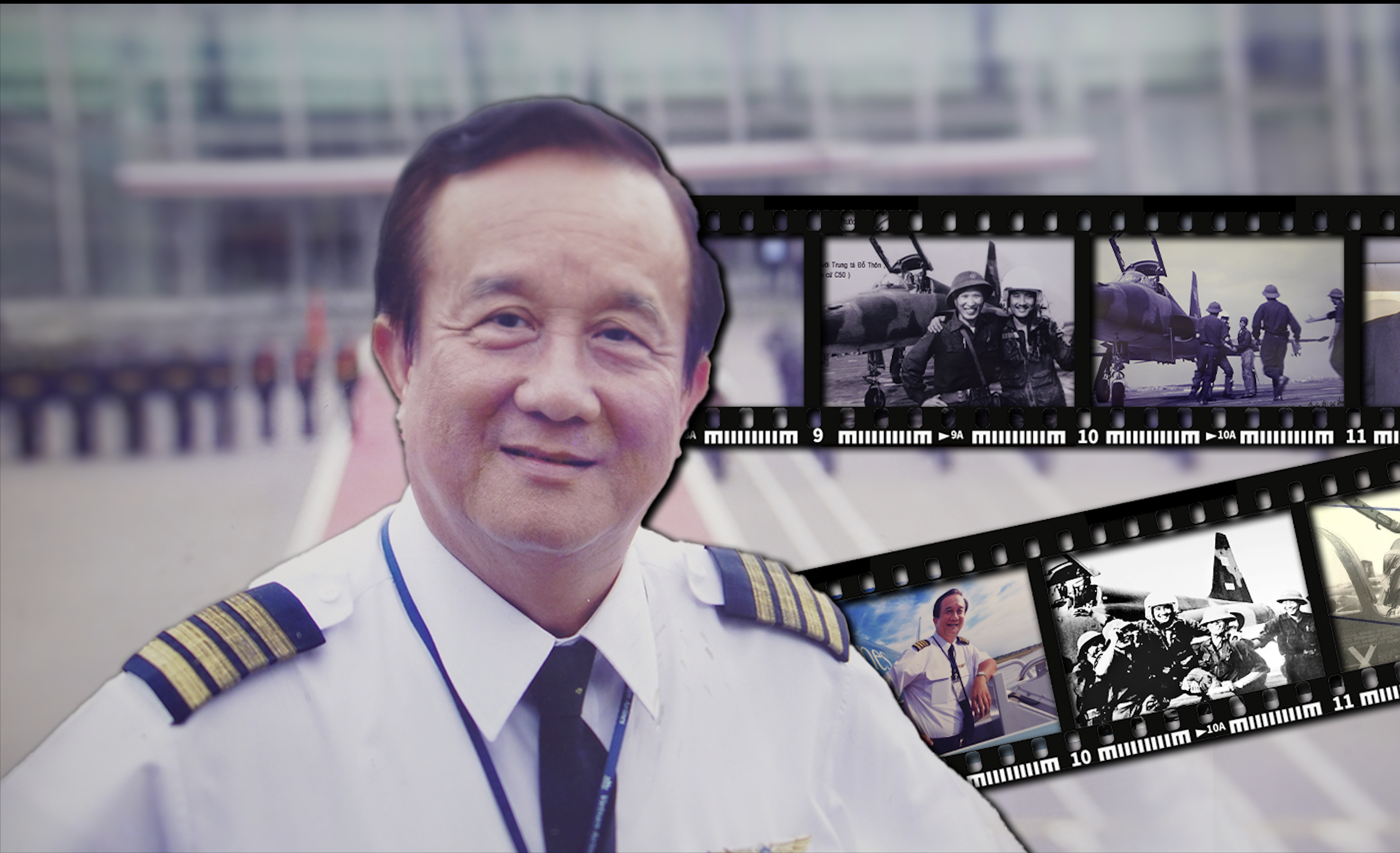

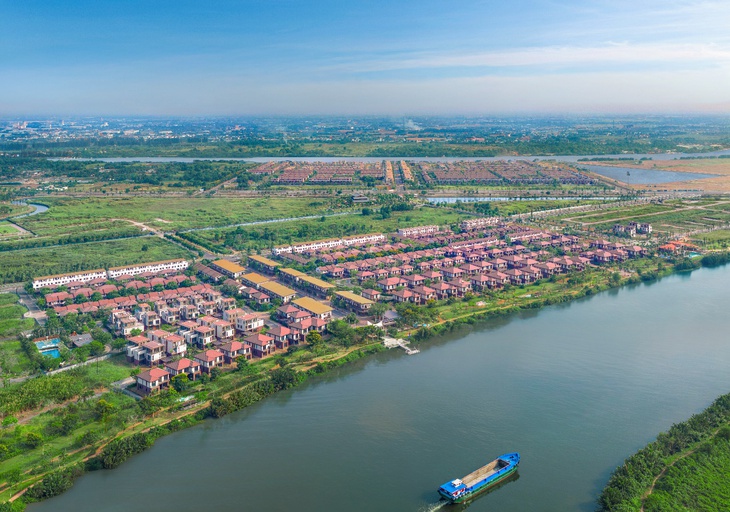

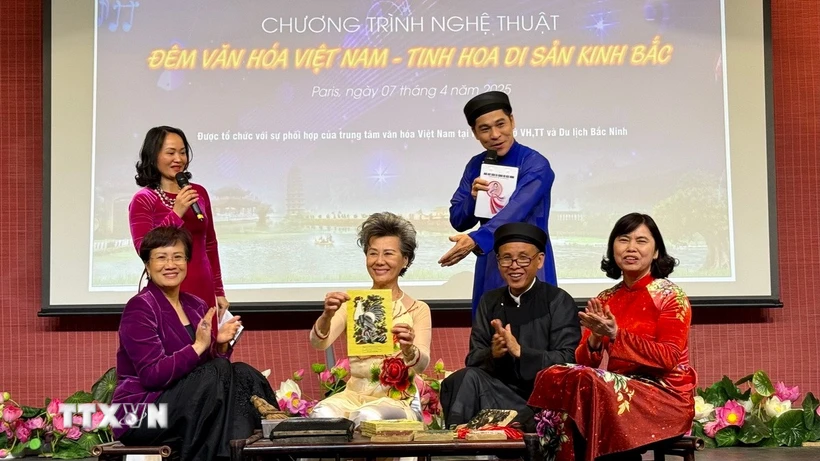

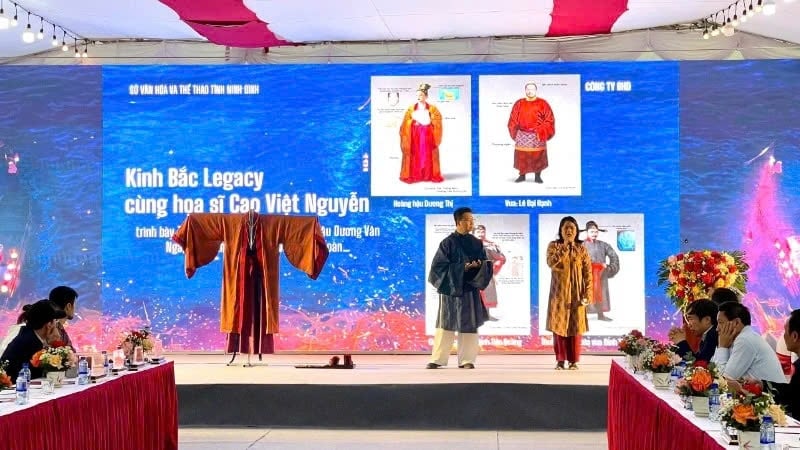

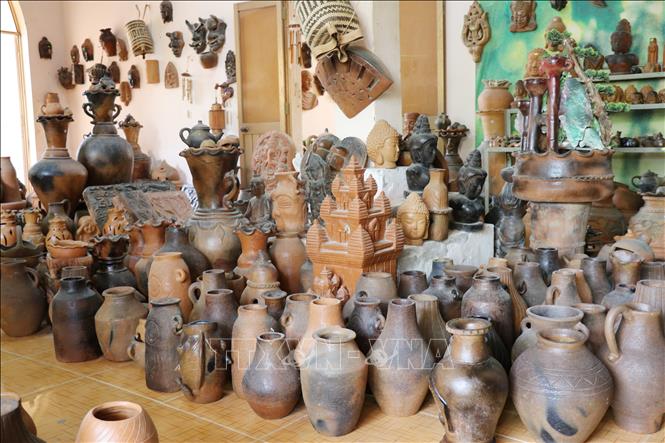

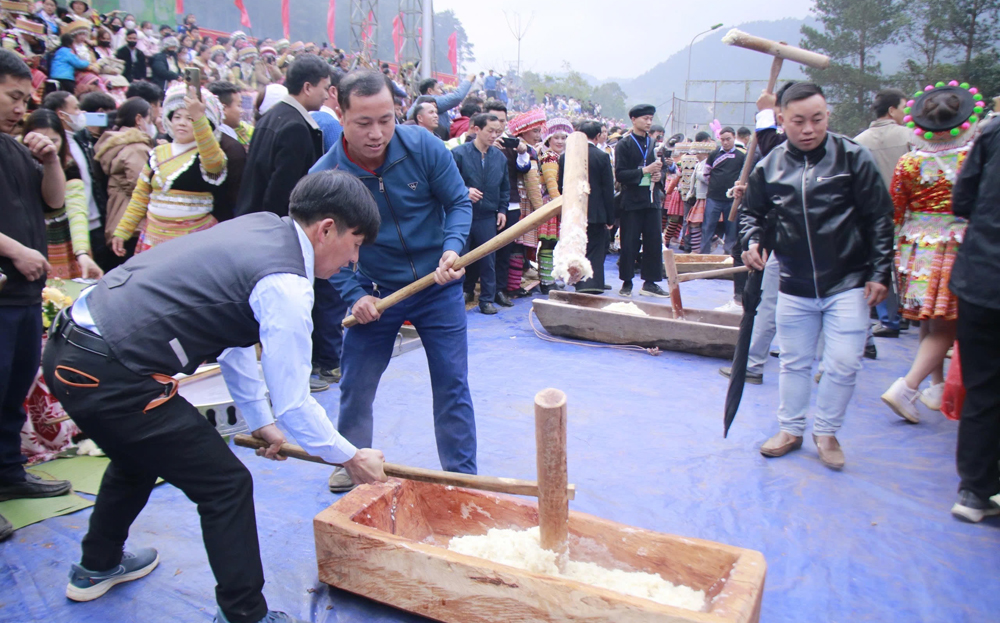










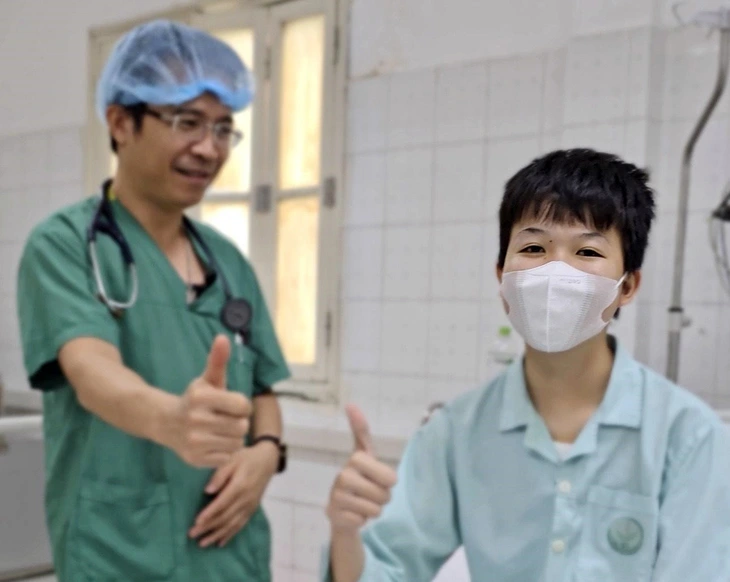




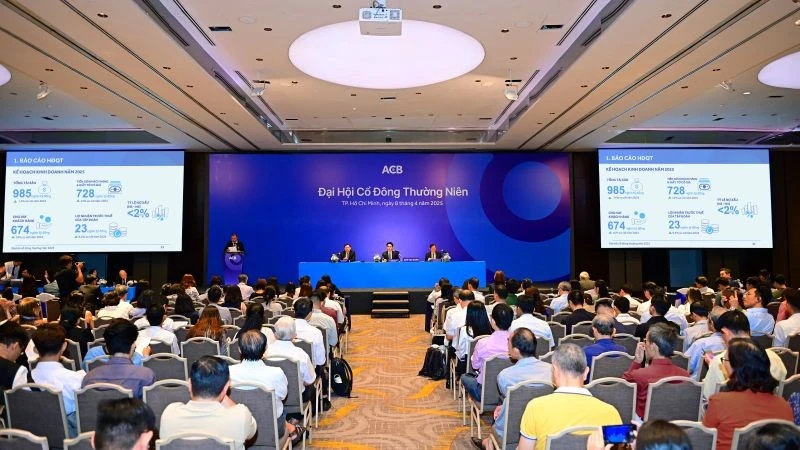
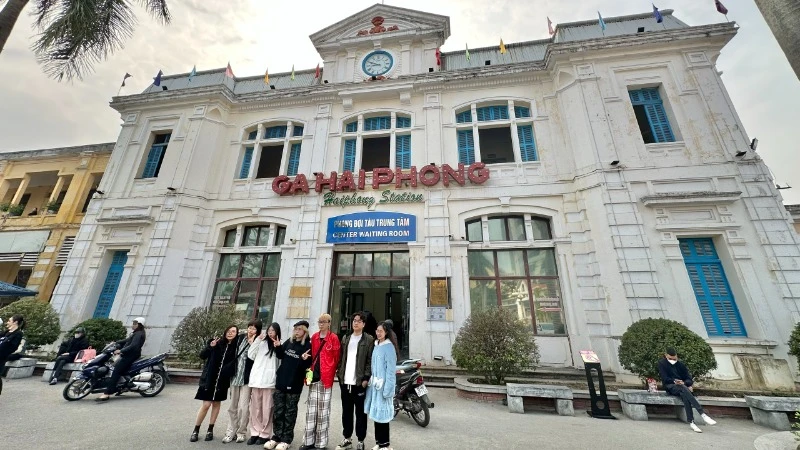
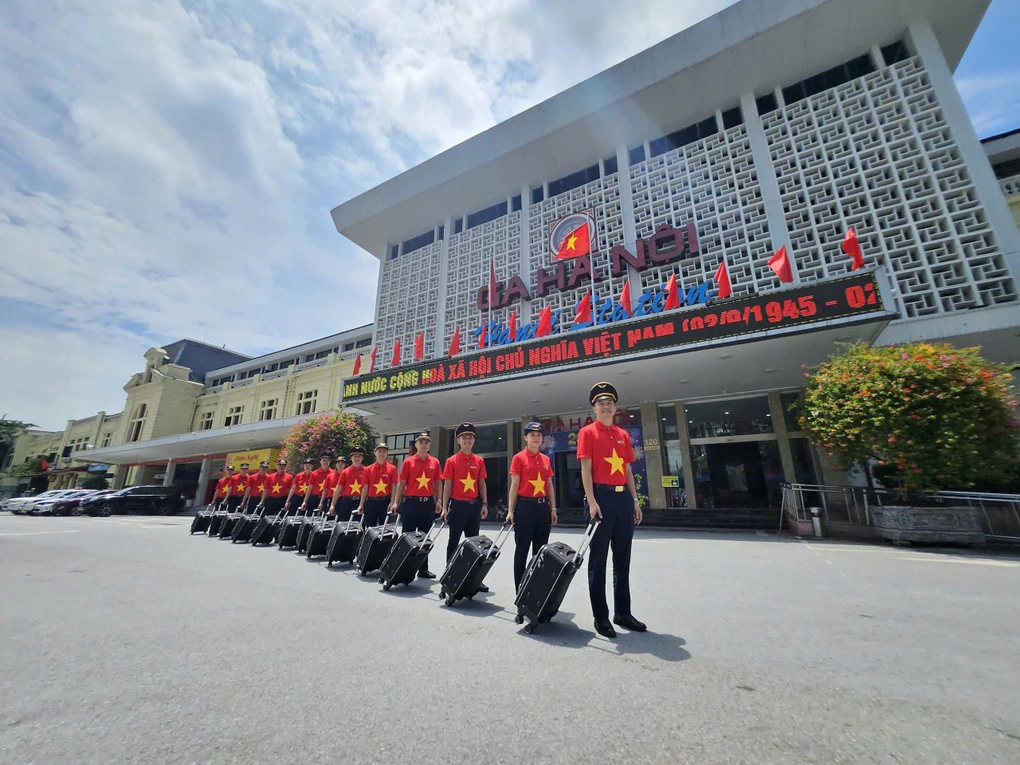
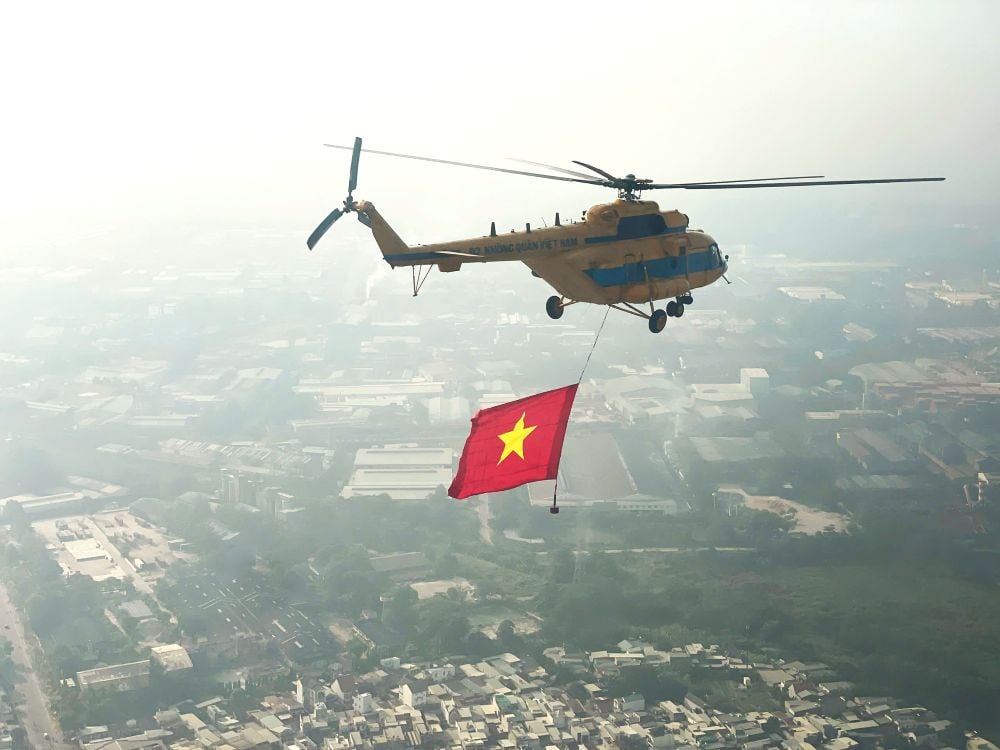

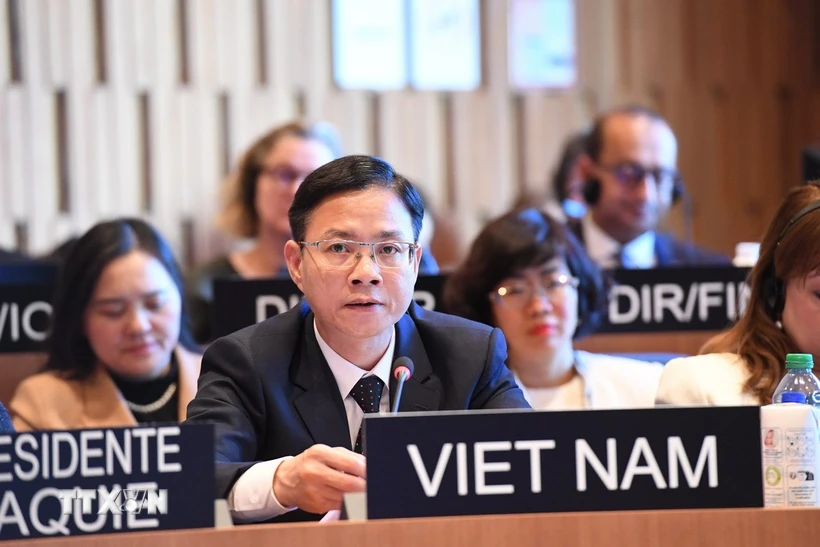
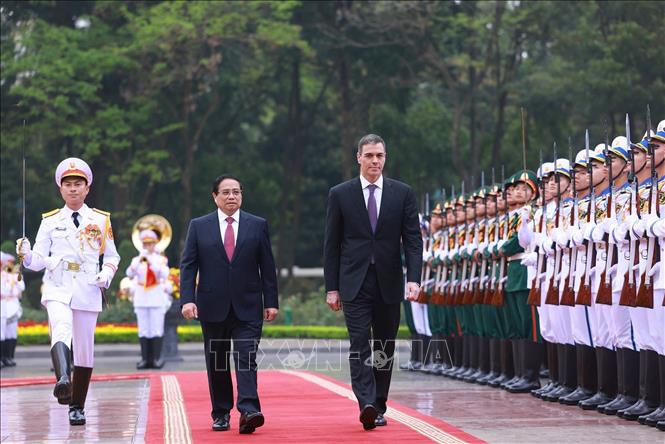
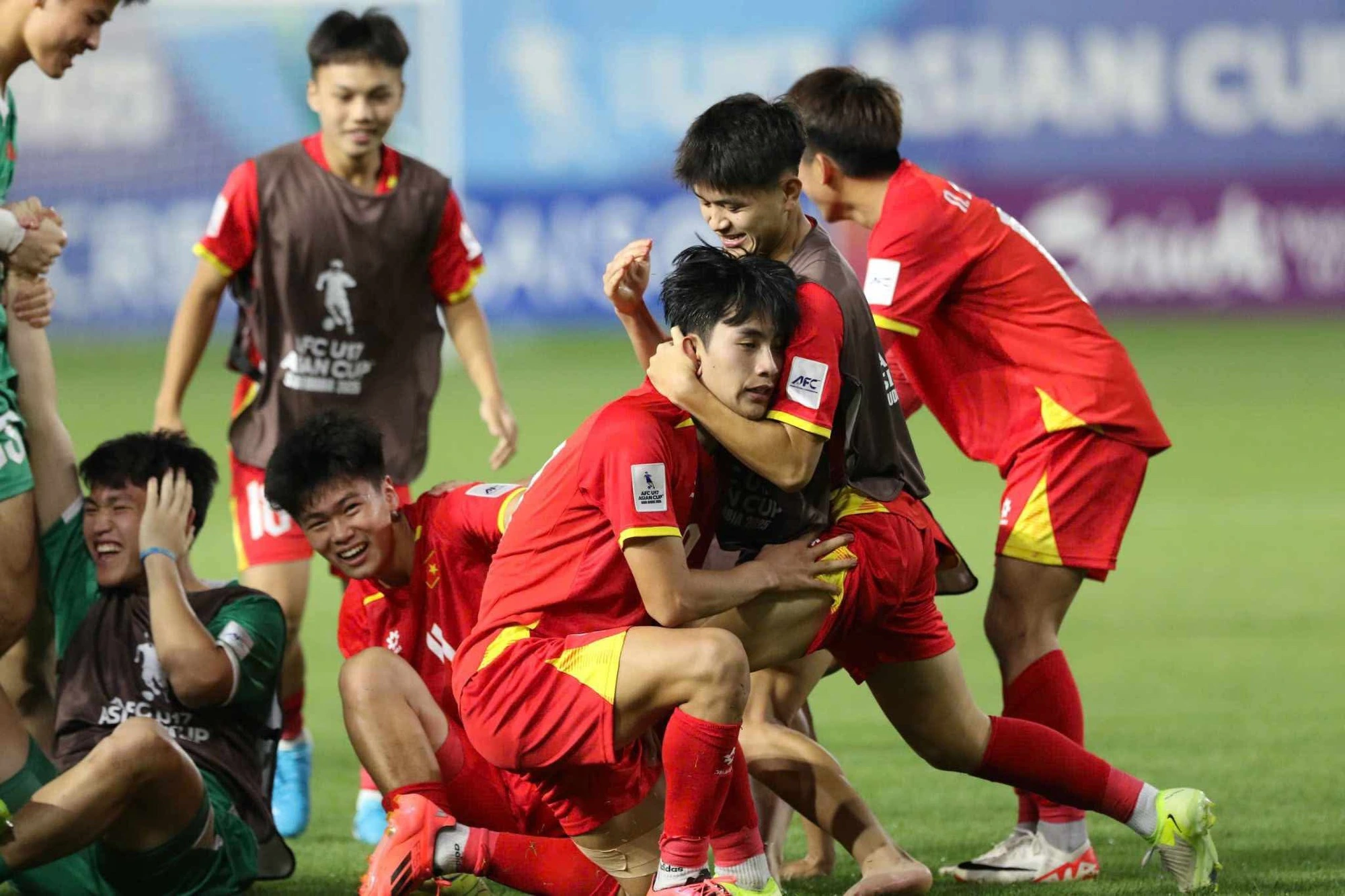









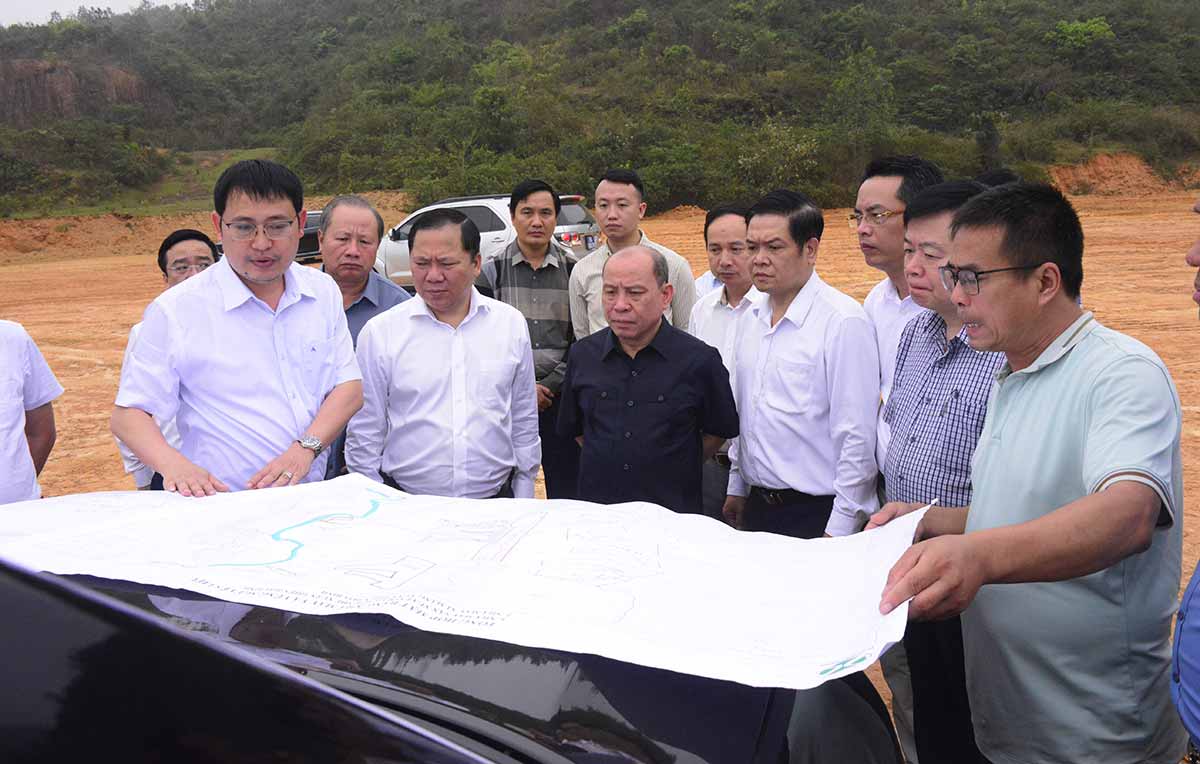
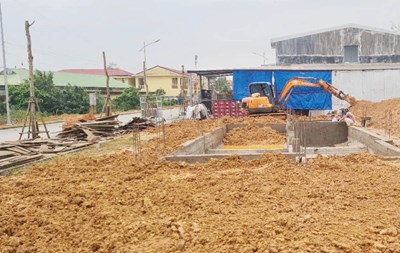
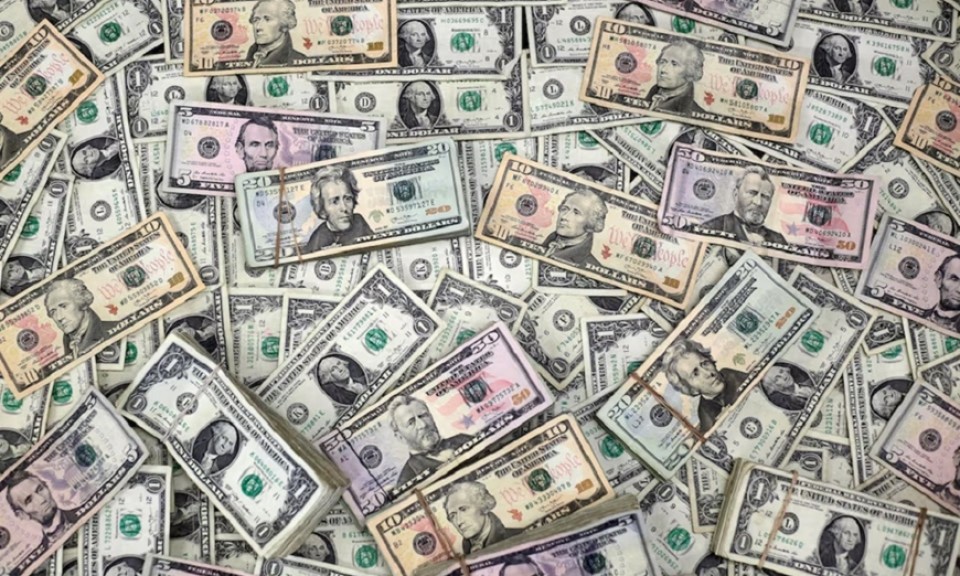
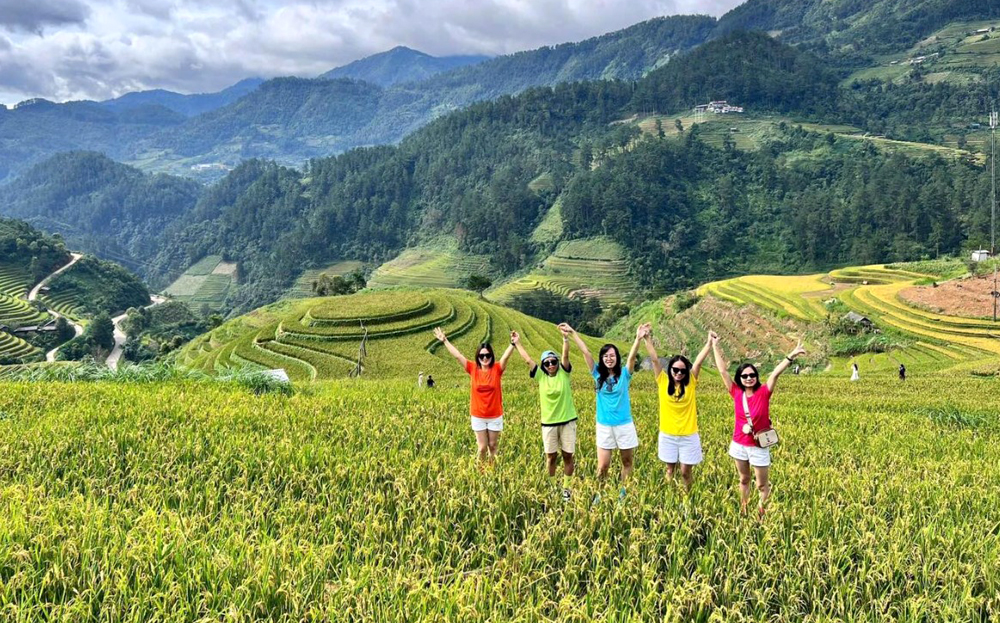
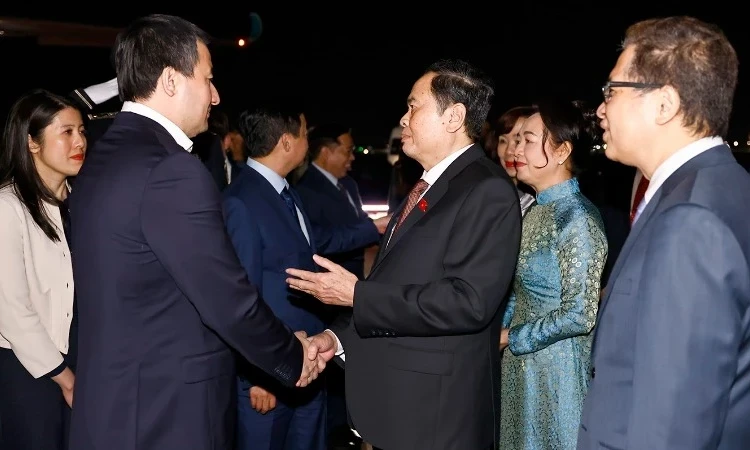
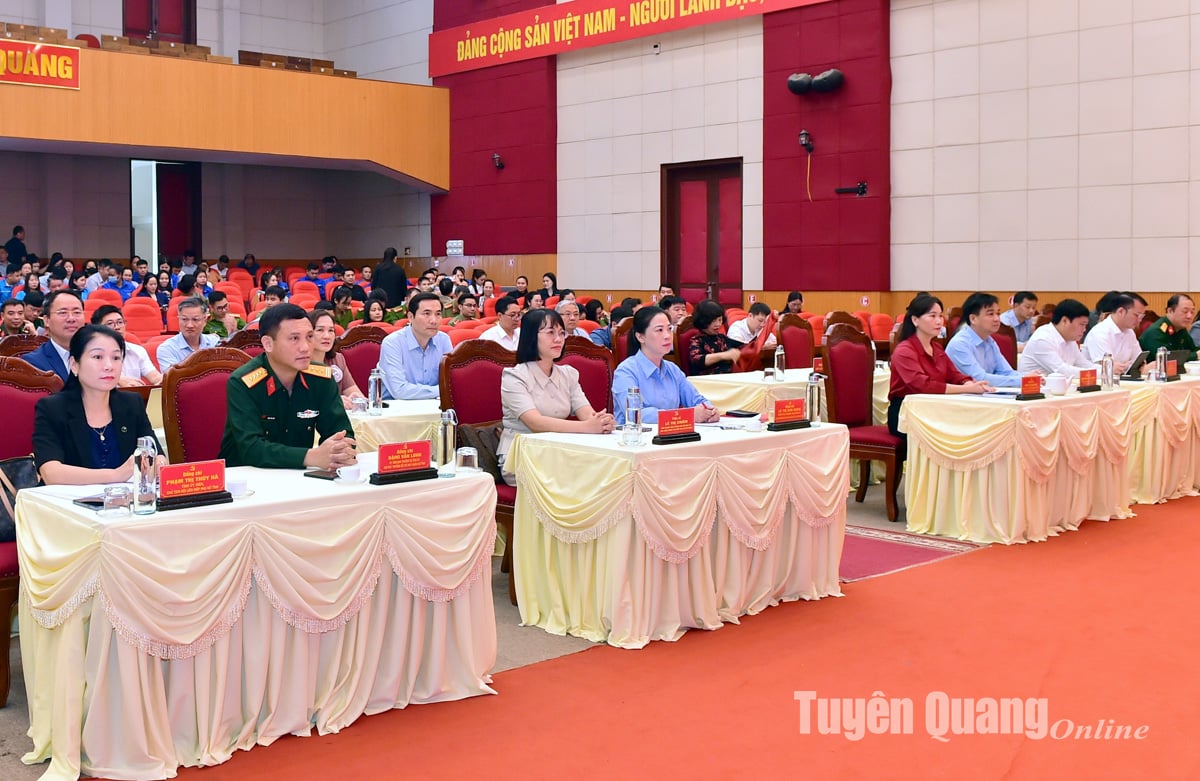








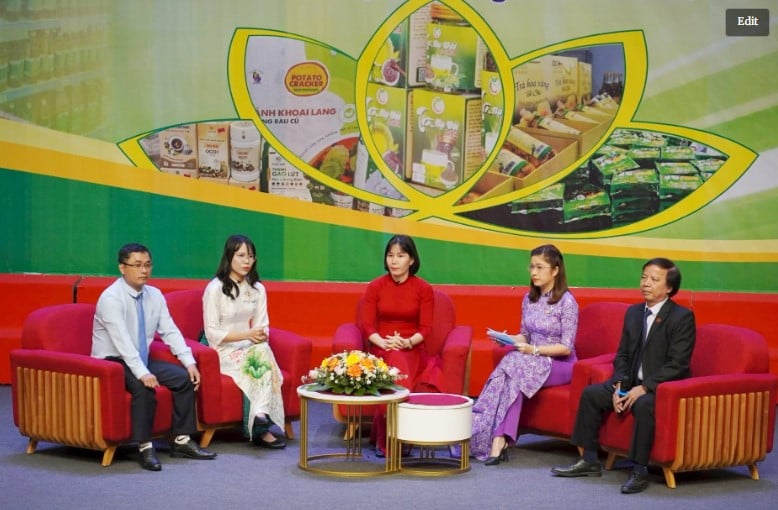

Comment (0)